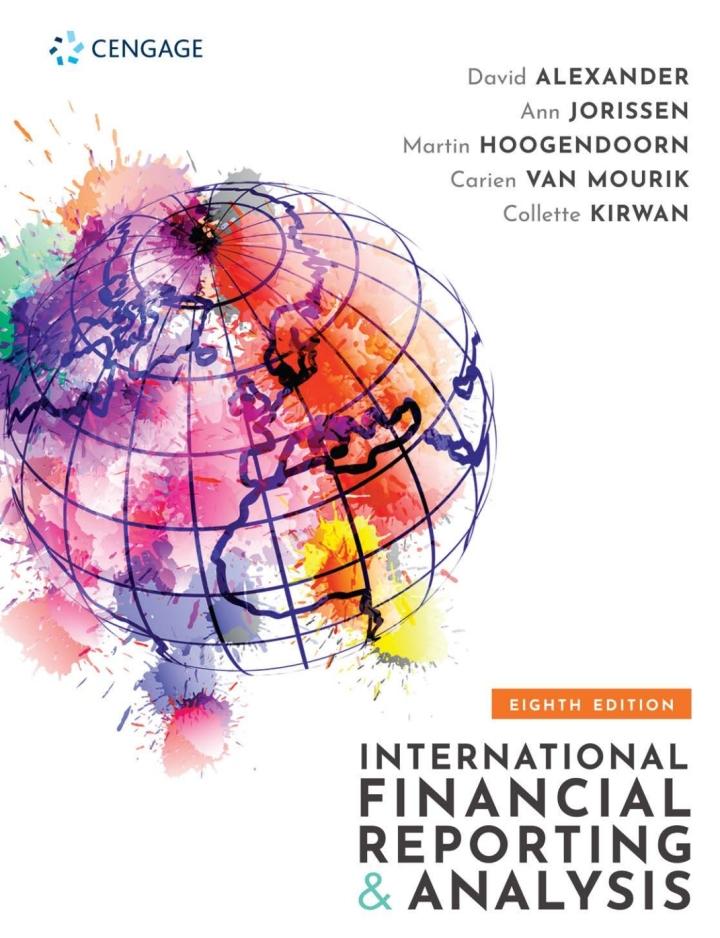Answered step by step
Verified Expert Solution
Question
1 Approved Answer
1 . Paul established an irrevocable trust for his sister 1 0 years ago. Each year, Paul gifts $ 3 0 , 0 0 0
Paul established an irrevocable trust for his sister years ago. Each year, Paul gifts $ to the trust. When he established the trust, Paul included a Crummey power. Given the Crummey power, what is the maximum amount his sister withdraws from the trust when he makes his next gift?
Group of answer choices
$
$
$
$
Christy, Nadine, and Rachael started an event planning company together six years ago. Each shareholder owns shares of stock in this closely held corporation. Several years ago they entered into a crosspurchase agreement and purchased life insurance policies on each other's lives. Nadine has been diagnosed with a terminal illness and is not expected to live beyond this year. Which statement would correctly describe the consequences of the crosspurchase agreement at Nadine's death?
Group of answer choices
Christy and Rachael would use the proceeds from the life insurance policy they own on Nadine's life to purchase percent of the stock from Nadine's estate.
The value of the life insurance policies that Nadine owns on Christy and Rachael's lives would not be included in Nadine's gross estate at her death.
If Christy and Rachael purchased the life insurance policies on their own lives from Nadine's estate, the policies would be subject to future income taxes under the transfer for value rule.
The purchase of stock by the surviving shareholders is treated as dividends in Nadine's estate.
Which of the following statements regarding life insurance policies is not correct?
Group of answer choices
A life insurance policy that is payable to the ownerinsureds estate is included in the owner's gross estate and probate estate at death.
A life insurance policy owned by the insured that is payable on death POD to the spouse is included in the owner's gross estate but is not subject to probate.
An owner of a life insurance policy who is not the insured will include the value of the policy in the gross estate at death and the policy will go through probate.
A life insurance policy was transferred by the owner to a spouse four years ago but the insured retained the right to change the beneficiary. The death benefit of this policy is not included in the insured's gross estate.
aYour clients, a married couple, are very wealthy and they want to transfer substantial assets to their grandchildren by QTIP trust at the surviving spouses death. Assuming the husband passes away first, which statement regarding a reverse QTIP election is NOT correct?
Group of answer choices
Husbands executor must make a reverse QTIP election on his federal estate tax return.
With a reverse QTIP election, the surviving spouse wife is treated as the transferor for GST tax purposes.
A reverse QTIP election allows husbands GST exemption to be fully utilized to offset future GST taxes from the trust.
A reverse QTIP preserves the wifes GST exemption to offset future taxable gifts to the grandchildren outside the trust.
Step by Step Solution
There are 3 Steps involved in it
Step: 1

Get Instant Access to Expert-Tailored Solutions
See step-by-step solutions with expert insights and AI powered tools for academic success
Step: 2

Step: 3

Ace Your Homework with AI
Get the answers you need in no time with our AI-driven, step-by-step assistance
Get Started


